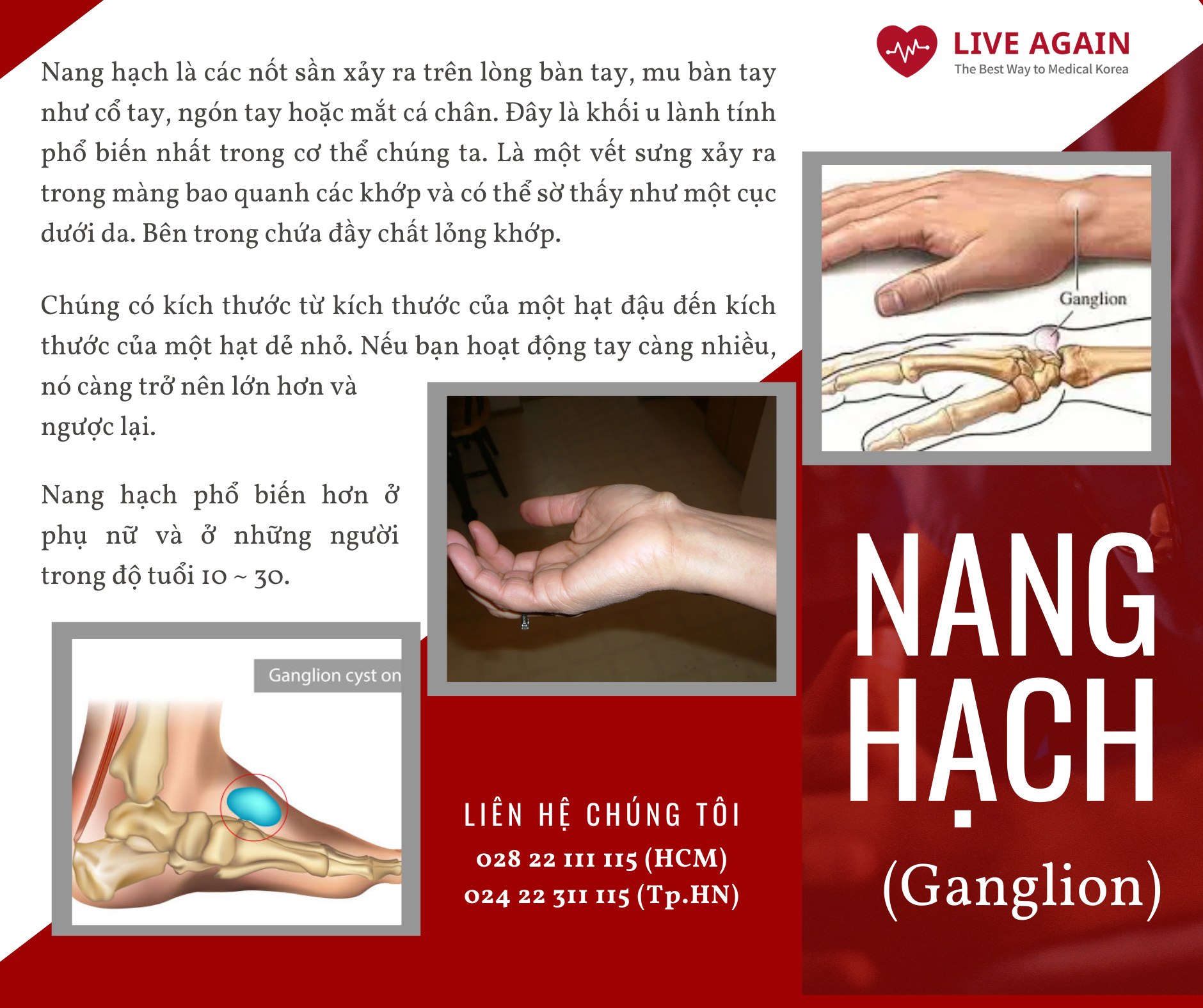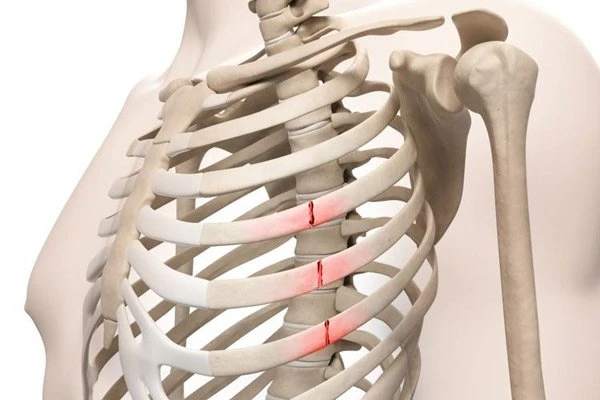
The research team at Asan Medical Center in Seoul has developed a “cancer biomarker” and treatment method for the early diagnosis of pancreatic cancer.
Pancreatic cancer has the poorest prognosis among solid tumors, making early detection crucial. However, the currently used biomarker CA19-9 for pancreatic cancer screening has a limitation in accuracy.
Professor Kim Song-cheol from the Department of Pancreatic, Liver, and Biliary Surgery and Professor Jeon Eun-seong from the Department of Interdisciplinary Medicine have published findings in the journal Gastroenterology about the cancer biomarker research aimed at improving accuracy through multinational and multicenter studies, involving the Beckman Research Institute in the U.S. and the Prince of Wales Hospital at the Chinese University of Hong Kong.
The research team extracted sequences of micro ribonucleic acids (miRNA) — a type of exosome (stem cell secretion therapy) linked to tumor development in the blood of pancreatic cancer patients. Using a machine learning algorithm focused on key miRNAs, they achieved an accuracy of 94%, sensitivity of 92%, and specificity for pancreatic cancer at all stages, with a 97% success rate for the developed diagnostic method. Additionally, it was confirmed that diagnostic accuracy improves when used alongside the pancreatic cancer biomarker CA19-9. Notably, it demonstrated excellent early diagnosis rates for pancreatic cancer in stages 1 and 2.
Meanwhile, a research team led by Professors Kim Song-cheol and Jang Su-hwan from the Ulsan University College of Medicine has shown that the GAL-3BP antibody is an important therapeutic target.








